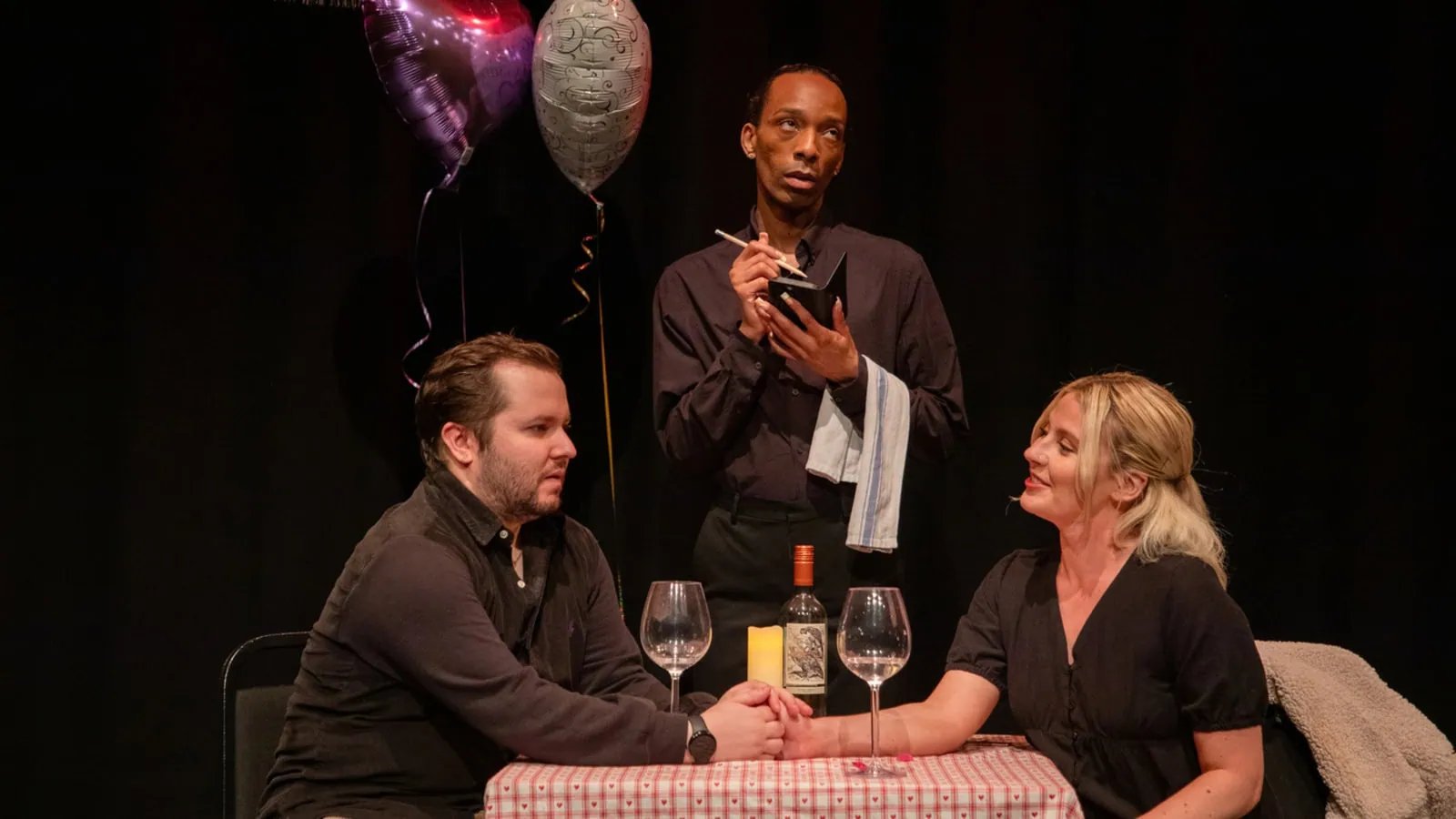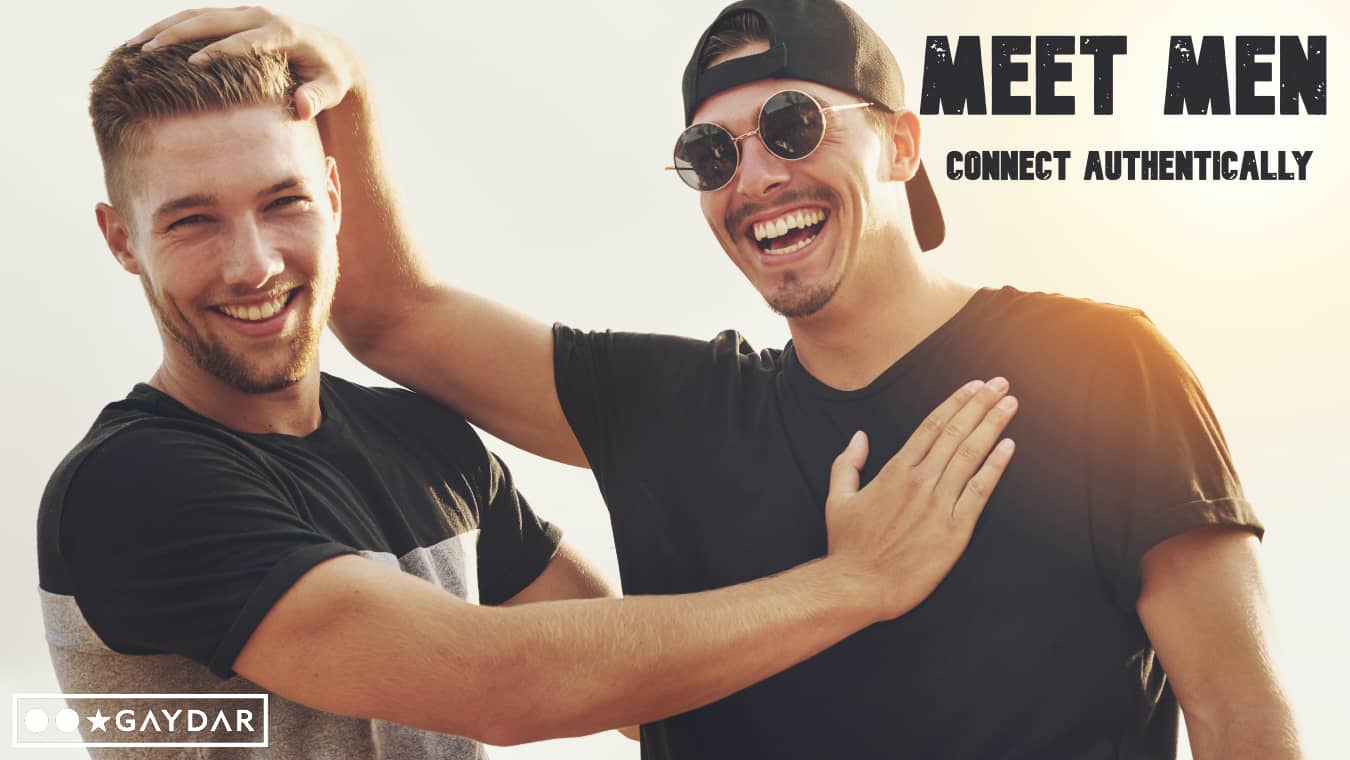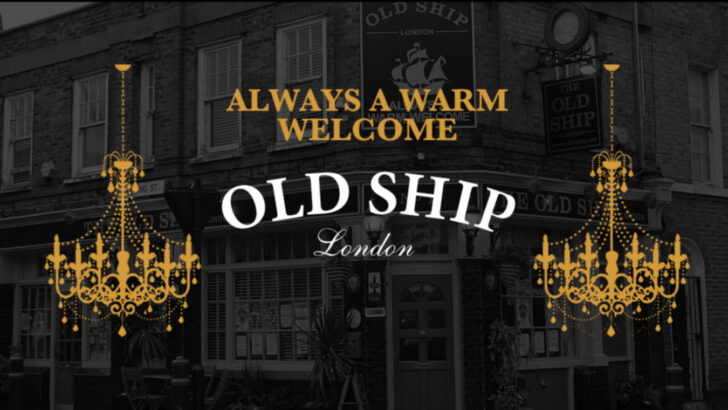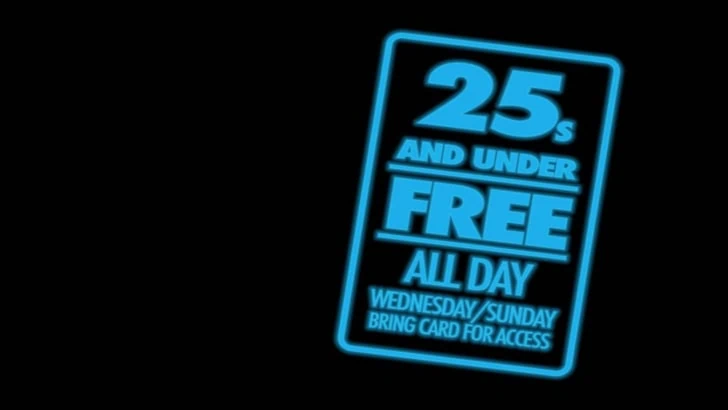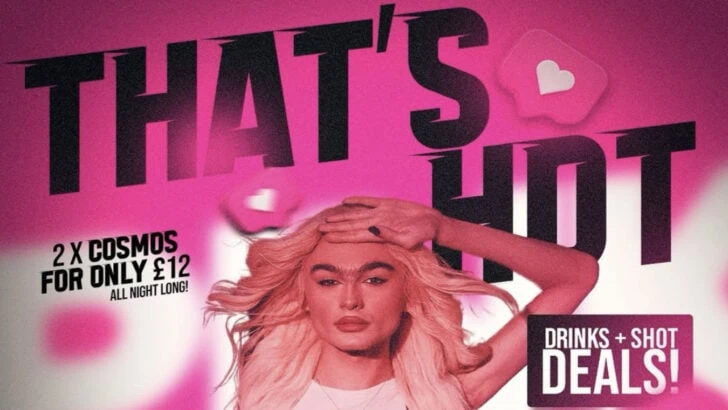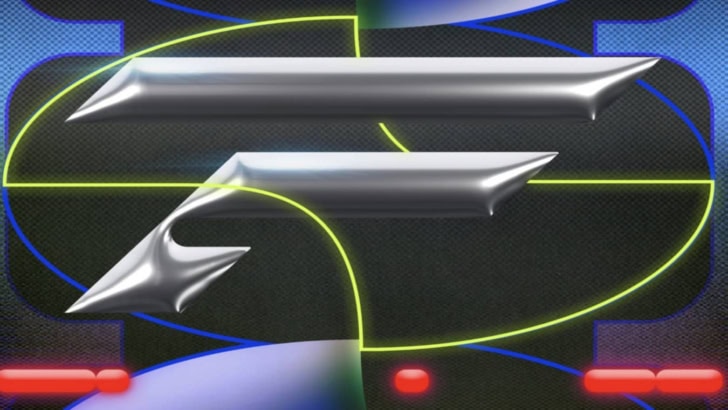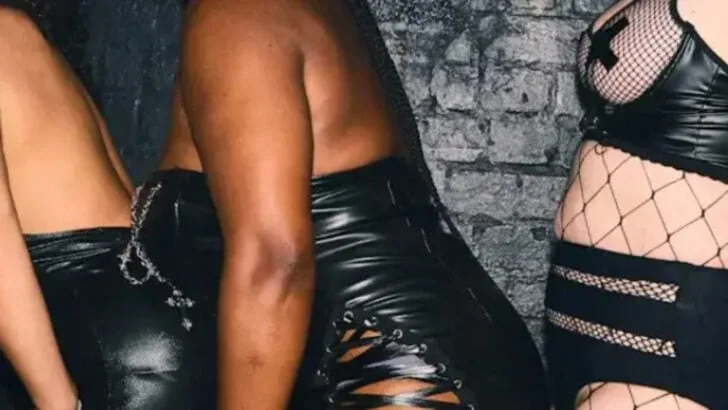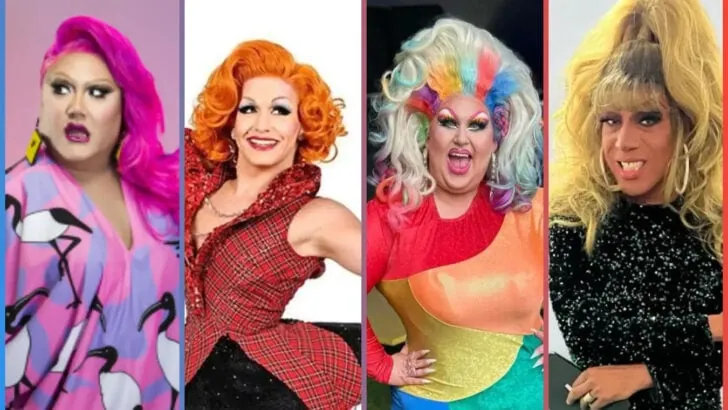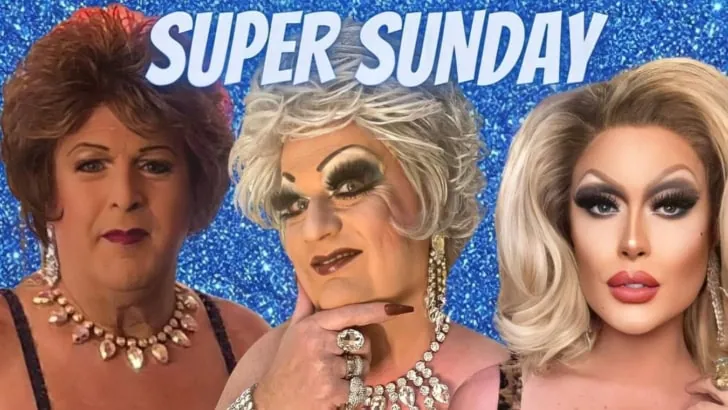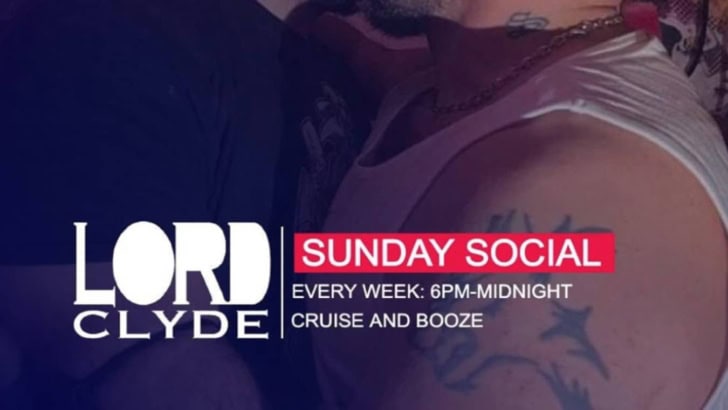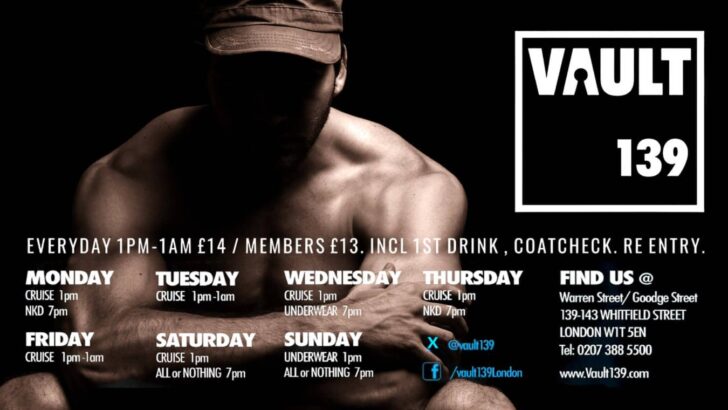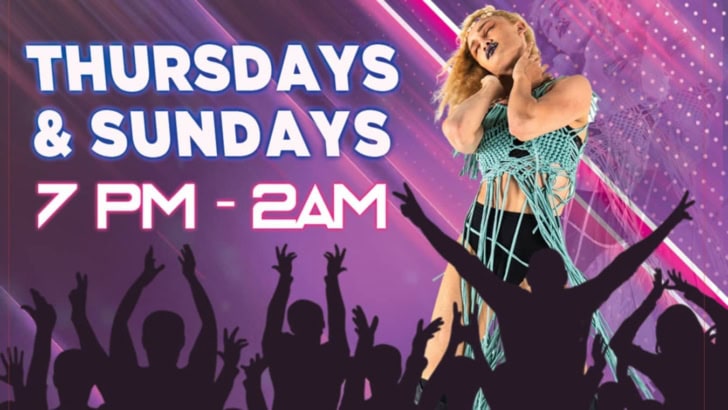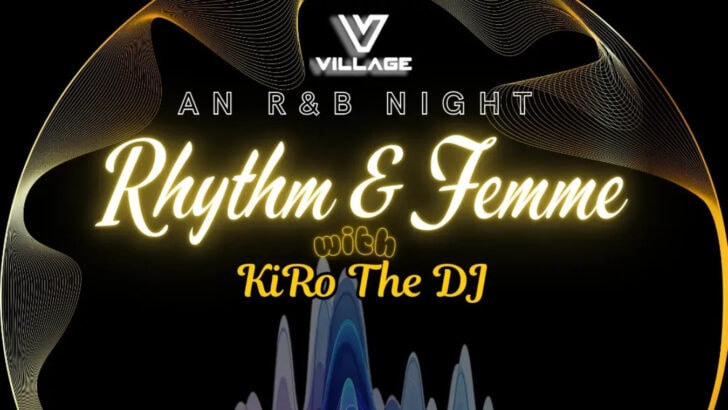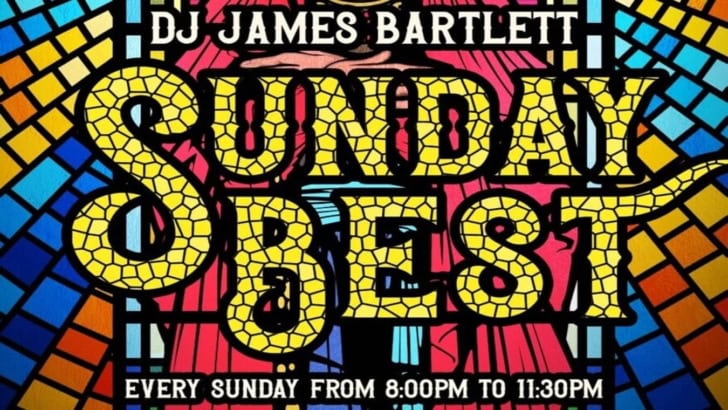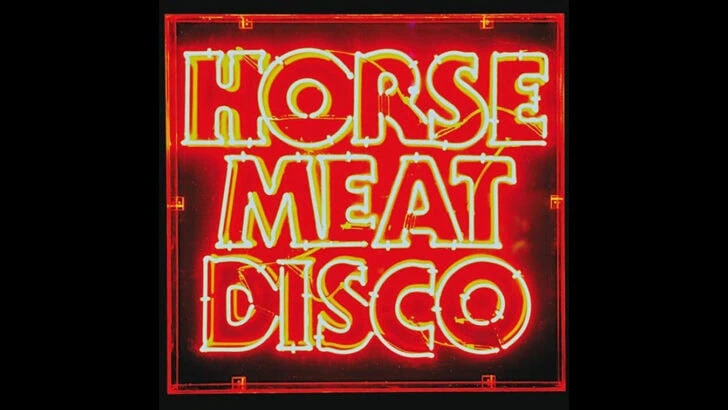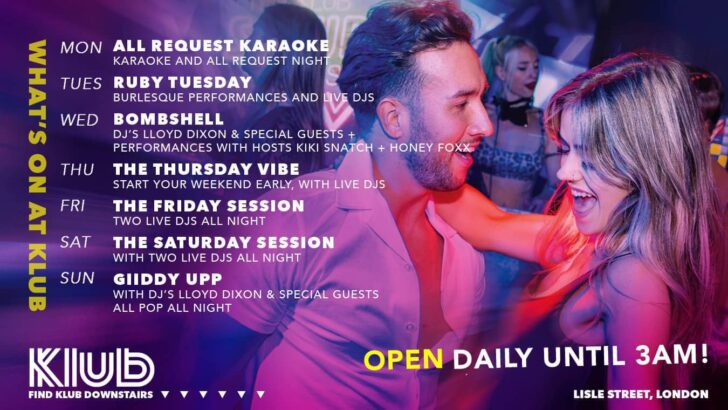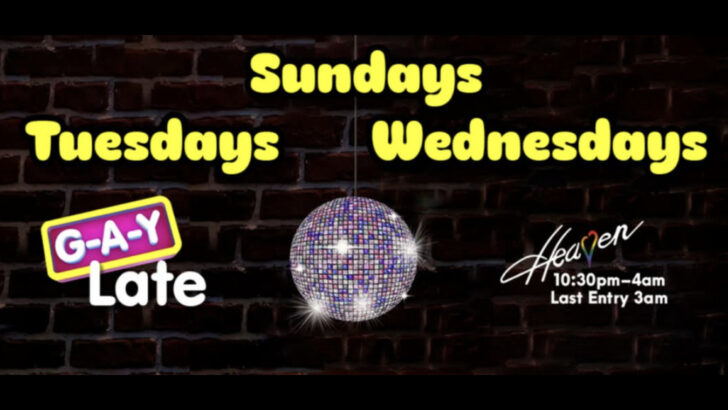I am the writer, producer, and one of the performers in ‘Daddy’s First Gay Date’, which toured across the country and is now on a 3-week off-West End run in London.
My first show, BI-TOPIA, was an autobiographical solo show about finding my identity and self-acceptance as a bisexual man. Whilst Daddy’s First Gay Date is fictional, both shows contain bisexual characters, which is important to me to help increase representation and visibility of bi+ people, a lot of whom currently feel underrepresented.
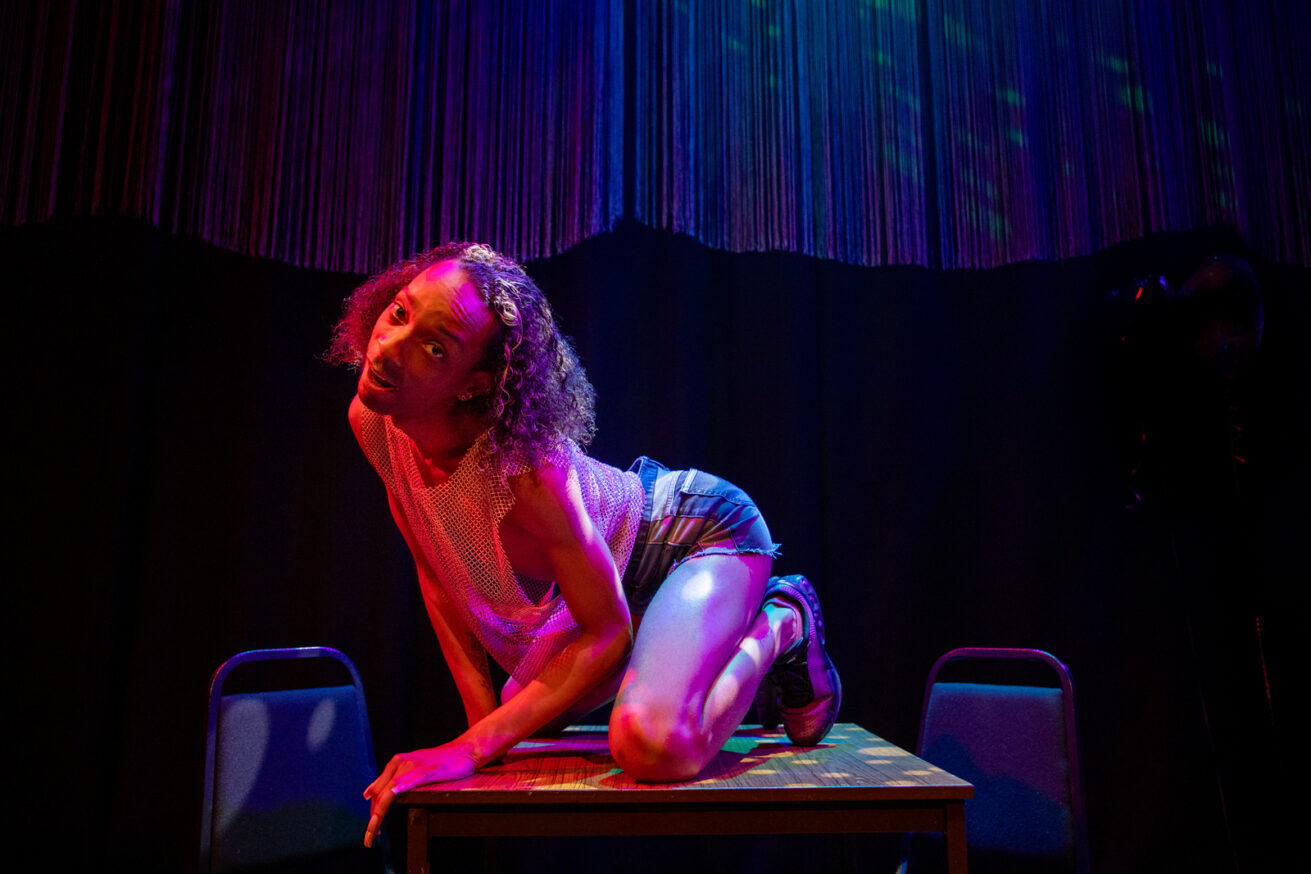
The protagonist in BI-TOPIA spends a lot of the show questioning ‘Am I gay or straight?’ which is a common question everybody has heard. The problem with it, though, is that it makes a question about sexuality a very binary one, which can cause issues for people who don’t feel like they neatly fit into either identity. I don’t think it’s a question people intentionally ask to make anyone feel uncomfortable, but it inadvertently creates an overly simplified situation that contributes to bi-erasure and feeds the notion that people need to ‘pick a side’.
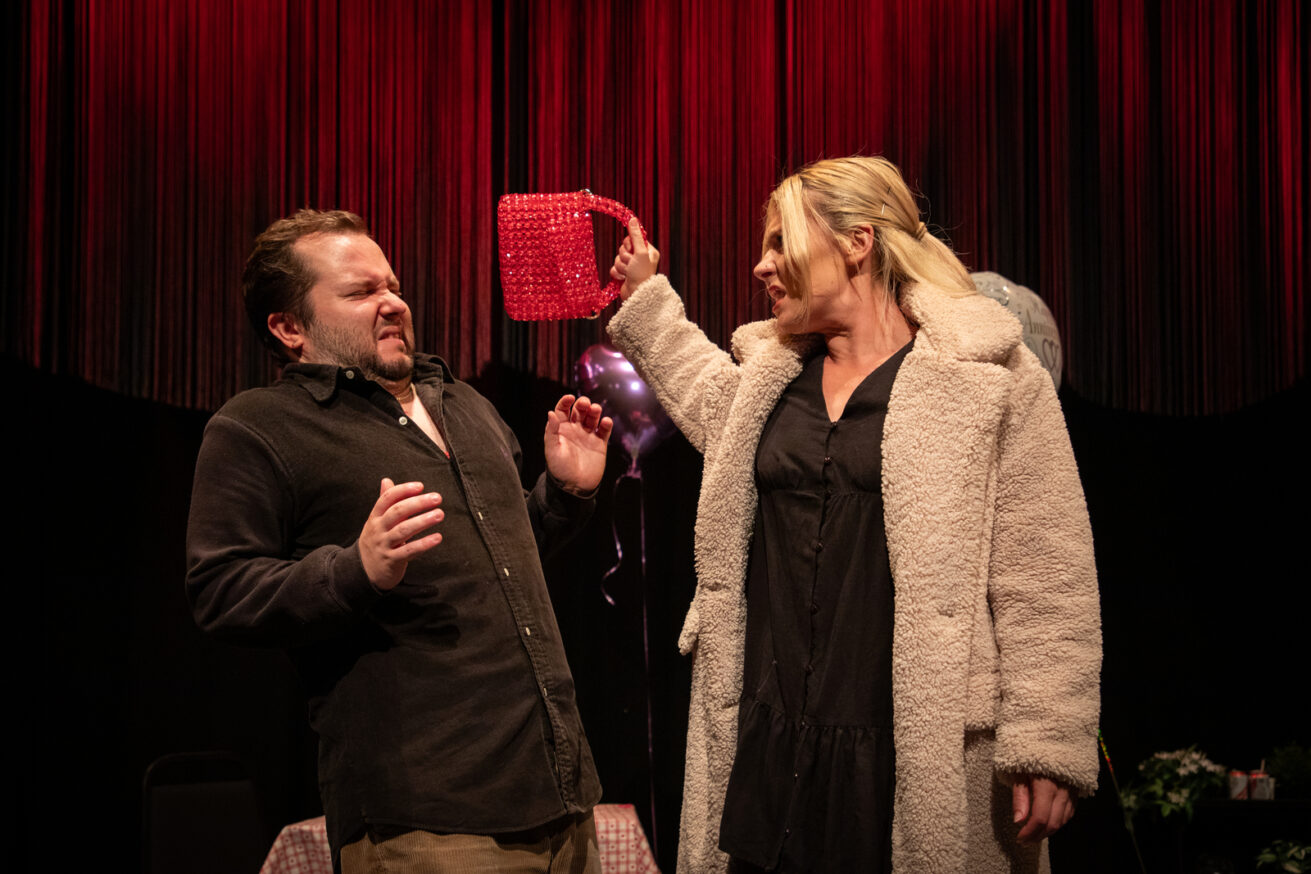
When I first realised I was bisexual, I struggled to speak openly about it because I was frequently worrying about what people would think, including people within the LGBTQ+ community. I was about 27 when I first talked to people about it, which (at the time) felt very late, and there was a feeling within me that I’d ‘missed the boat’ to discover my identity, so therefore saying anything now wouldn’t be believed by anyone.
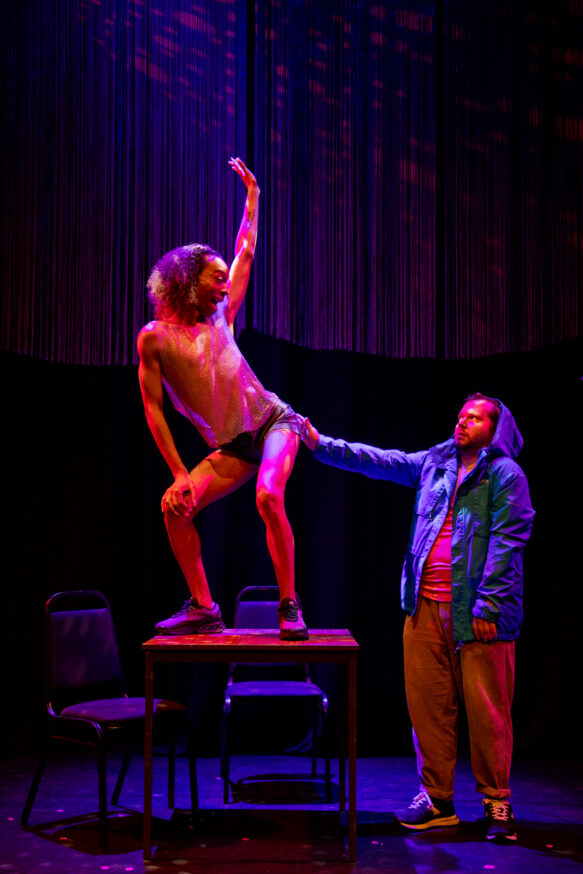
When I was finally open about my sexuality, I was quite insecure; it felt very exposing and not something I was entirely comfortable with. This manifested in obvious ways, like making a clear effort to have an equal number of love interests across all genders, but it also had subtler effects.
I didn’t realise why at first, but I was scared to get into a relationship for the first few years. Eventually, I came to understand that my fear came from the idea that my sexuality would disappear, and I’d be either gay or straight depending on who I was in that relationship with. I was also frequently unsure what to wear, if I dress too ‘straight’, will any men be interested in me? If I dress too camp, will any women be interested? It was frustrating and caused me to question my identity a lot.
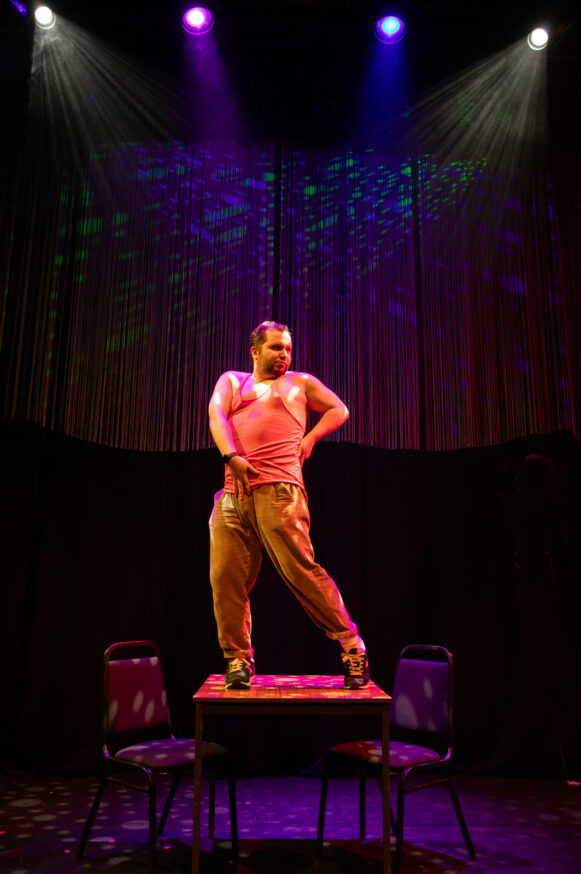
Thankfully, I was supported by my friends and family when I came out, but that isn’t the case for everybody. I did receive some strange comments along the way, such as people predicting that I’d be ‘gay by next week’, suggesting I was using bisexuality as a stepping stone into the gay world. I also had one or two dates where they expressed their anxiety about dating a bisexual person based on ‘not being able to satisfy all their needs’. It’s a strange one that, just because somebody is attracted to multiple genders, doesn’t mean they need all those genders to be satisfied in a relationship, bisexual people aren’t kebab sticks! It’s like if somebody is attracted to people with blonde hair as well as people with brown hair, when they’re in a relationship with a brunette, they’re not sat there thinking ‘this is great but I need a blonde person too’.
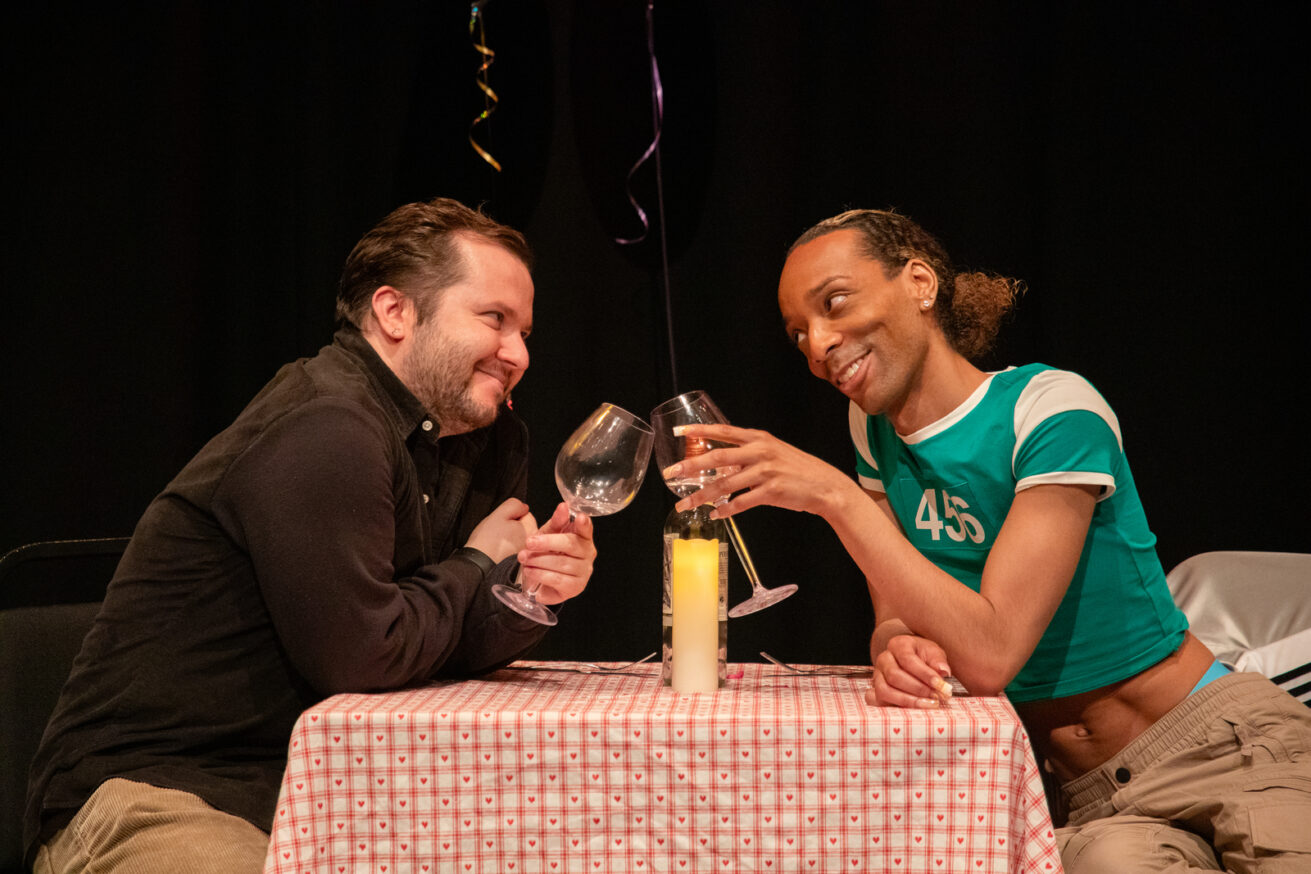
I’ve been ‘out’ for about 7 years now, and the main thing I’ve learnt is I can’t control the reactions of others; if people don’t understand or ‘approve’ of my identity, that’s their own issue. Before I understood this, I used to be so reliant on whether people accepted me for who I was, but then I realised most of that was me trying to speak to my own internalised shame and insecurities; people’s negative judgment of me would hit so hard because it resonated with the way I subconsciously felt about myself.
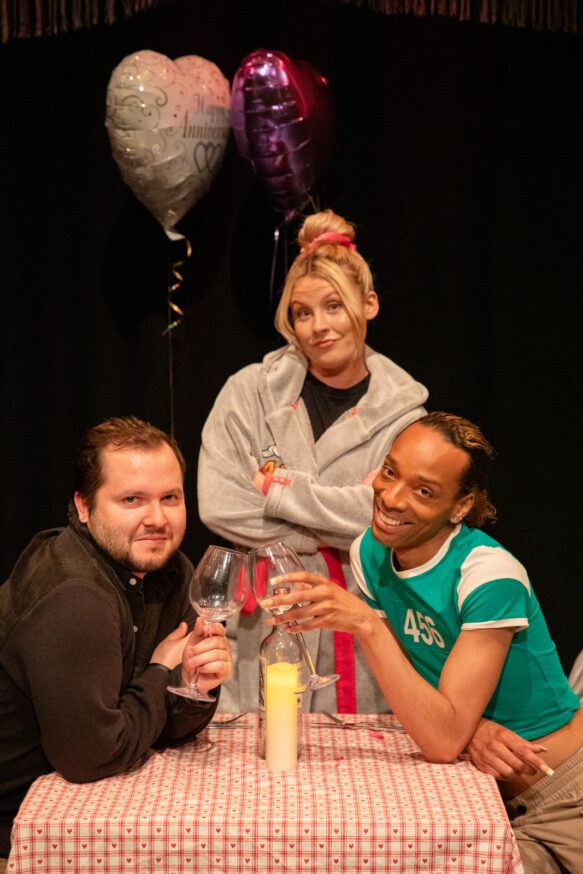
I’m now in a position where I’m proud of my identity and happy with who I am; when that’s the case, other people’s opinions don’t make much of a difference at all.
Sam’s play Daddy’s First Gay Date is at Seven Dials Playhouse until 16th November. For tickets and more information, visit: https://www.sevendialsplayhouse.co.uk/shows/daddys-first-gay-date
